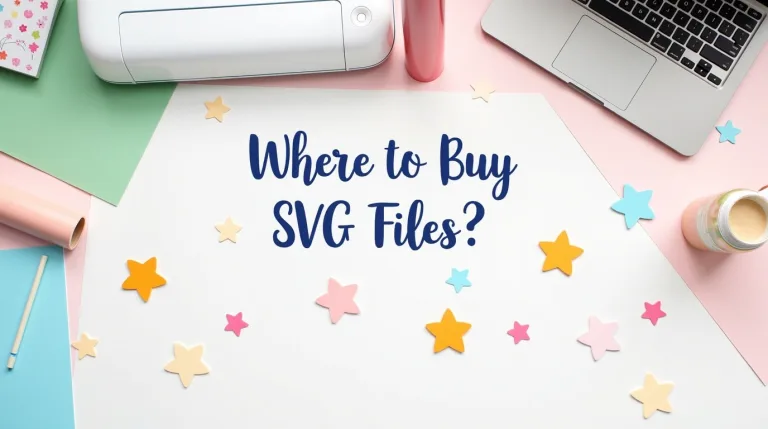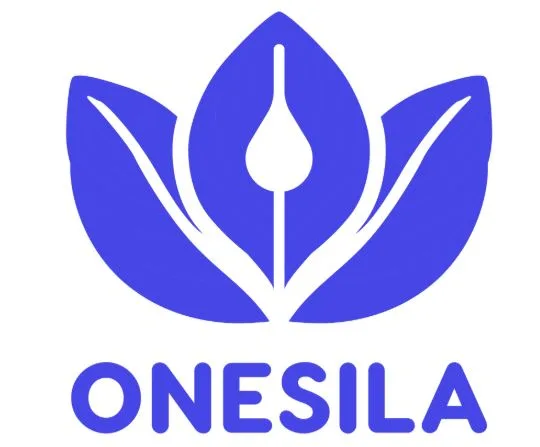A Business Guide to the WhatsApp API
In today’s fast-paced digital economy, businesses must meet customers where they are—and increasingly, that place is on messaging apps. Among the most widely used platforms globally, WhatsApp has evolved from a personal chat tool into a powerful business communication channel. With the introduction of the WhatsApp API, companies now have a scalable, secure, and efficient way to engage with customers directly on their favorite messaging app.
What Is the WhatsApp API?
The WhatsApp Business API is a solution designed for medium to large businesses that want to communicate with customers at scale. Unlike the WhatsApp Business App, which is intended for small businesses and managed manually, the API allows for automation, integration with CRM systems, and multi-agent support. It enables businesses to send notifications, provide customer support, and even facilitate transactions—all within the WhatsApp environment. The API is not a standalone app but a backend interface that connects WhatsApp to your business systems, allowing for seamless, real-time communication.
Key Features and Capabilities
The WhatsApp API offers a range of features that make it ideal for enterprise-level communication:
- Two-Way Messaging: Engage in real-time conversations with customers, whether for support, sales, or feedback.
- Rich Media Support: Send images, videos, documents, and interactive buttons to enhance the customer experience.
- Automated Workflows: Use chatbots and automation to handle common queries, freeing up human agents for more complex issues.
- End-to-End Encryption: Ensure secure communication with customers, protecting sensitive data.
- Global Reach: Communicate with users in over 180 countries, in their preferred language and time zone.
These capabilities make the WhatsApp API a versatile tool for industries ranging from retail and travel to finance and healthcare.
Business Use Cases
The WhatsApp API can be used across the customer journey—from awareness to post-sale support. Here are some common use cases:
- Customer Support: Offer 24/7 assistance through automated bots or live agents, reducing wait times and improving satisfaction.
- Order Updates: Send real-time notifications about order confirmations, shipping, and delivery.
- Appointment Reminders: Reduce no-shows by sending timely reminders and allowing customers to reschedule via chat.
- Lead Generation: Use click-to-chat ads on Facebook or Instagram to drive prospects directly into a WhatsApp conversation.
- Feedback Collection: Gather customer insights through surveys and quick polls sent via chat.
For example, a retail brand can use a WhatsApp API to send personalized product recommendations, while a healthcare provider might use it to confirm appointments and share lab results securely.
Compliance and Customer Consent
One of the most important aspects of using the WhatsApp API is compliance. WhatsApp has strict rules to protect users from spam and ensure a high-quality experience. Businesses must:
- Obtain Opt-In: Customers must explicitly agree to receive messages from your business.
- Use Approved Templates: Outbound messages must follow pre-approved formats for notifications.
- Respond Within 24 Hours: If a customer initiates a conversation, businesses must reply within a 24-hour window to avoid additional charges.
These rules help maintain trust and ensure that WhatsApp remains a valuable and respectful communication channel.
Getting Started with the WhatsApp API
To begin using the WhatsApp API, businesses typically go through a WhatsApp Business Solution Provider (BSP). These providers help with onboarding, integration, and compliance. The process generally includes:
- Creating a WhatsApp Business Account
- Verifying your business with Meta (formerly Facebook)
- Choosing a BSP or hosting the API on your own servers
- Setting up message templates and automation flows
- Integrating with your CRM or customer service platform
While the setup process can be technical, the long-term benefits in customer engagement and operational efficiency are well worth the investment.
Conclusion
The WhatsApp API is transforming how businesses communicate with their customers—offering speed, personalization, and global reach in a secure and scalable format. By integrating this powerful tool into your customer engagement strategy, you can streamline operations, improve satisfaction, and stay ahead in a competitive digital landscape. Whether you’re looking to enhance support, drive sales, or build loyalty, the WhatsApp API offers a direct line to your audience—right in the palm of their hand.






